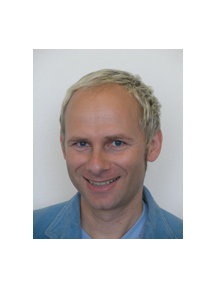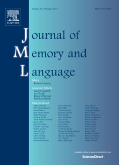
Jens Förster, a high-profile social psychologist, has agreed to retract multiple papers following an institutional investigation — but has also fought to keep some papers intact. Recently, one publisher agreed with his appeal, and announced it would not retract two of his papers, despite the recommendation of his former employer.
Last month, the American Psychological Association (APA) announced it would not retract two papers co-authored by Förster, which the University of Amsterdam had recommended for retraction in May, 2015. The APA had followed the university’s advice last year and retracted two other papers, which Förster had agreed to as part of a settlement with the German Society for Psychology (DGPs). But after multiple appeals by Förster and his co-authors, the publisher has decided to retain the papers as part of the scientific record.
Many voices contributed to the discussion about these two papers — in November, 2016, the University of Amsterdam announced it was rejecting the appeal by another co-author on both papers, Nira Liberman, based at Tel Aviv University in Israel. The following month, Tel Aviv University announced that it believed the articles should not be retracted, based on its own internal review.
The APA reviewed the various recommendations, according to last month’s announcement:
Continue reading Publisher won’t retract two papers, despite university’s request



